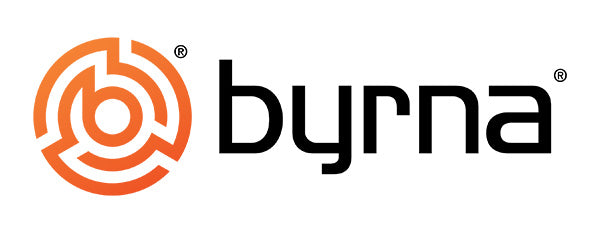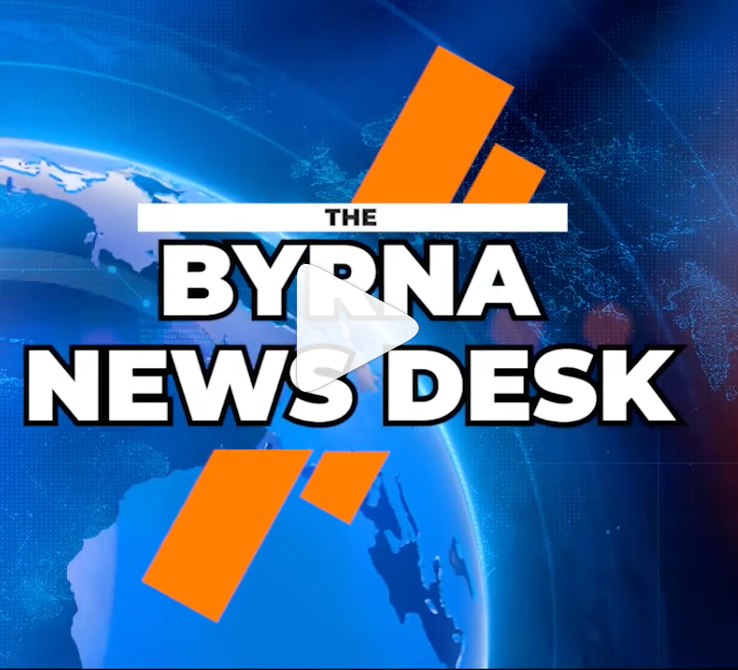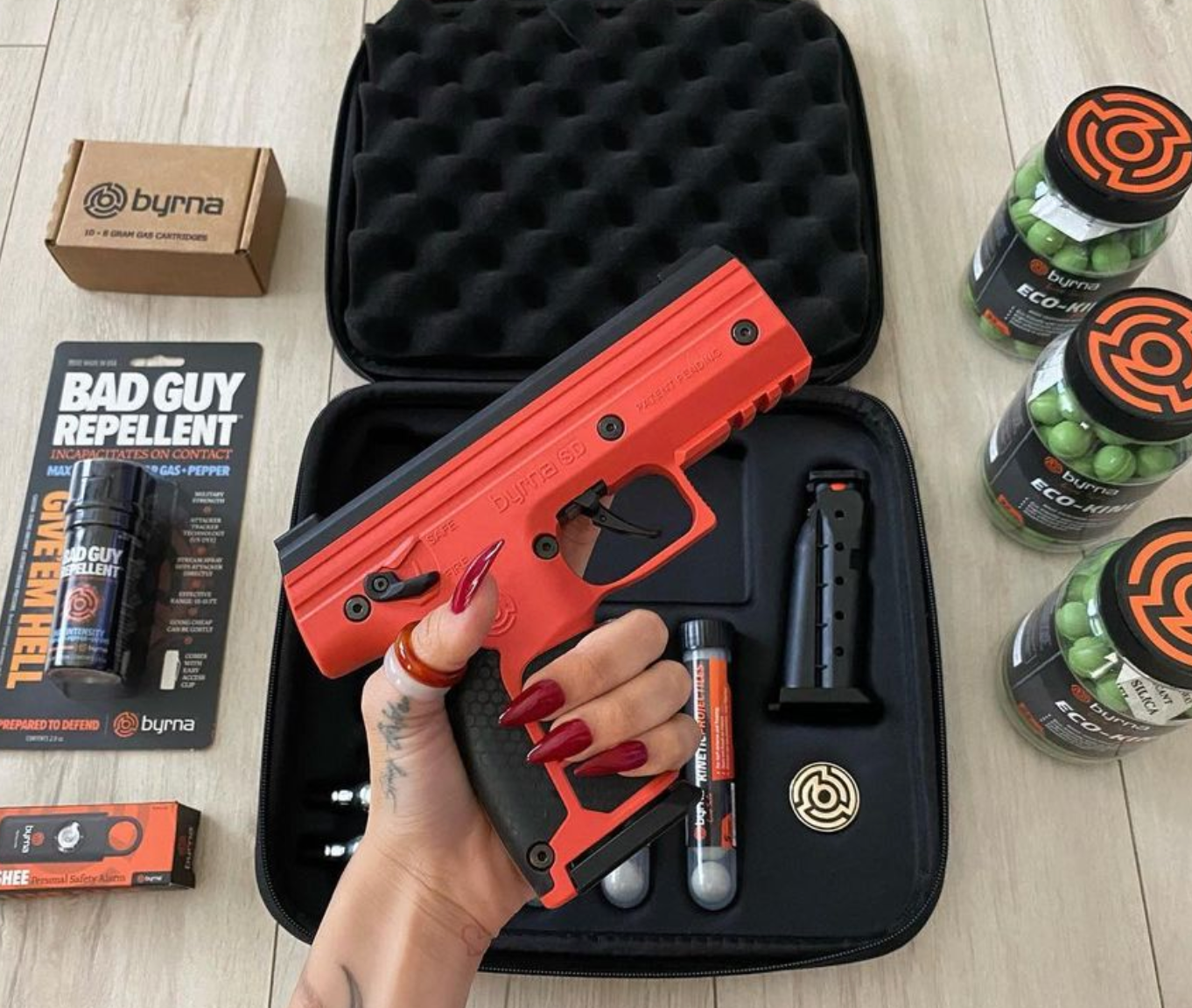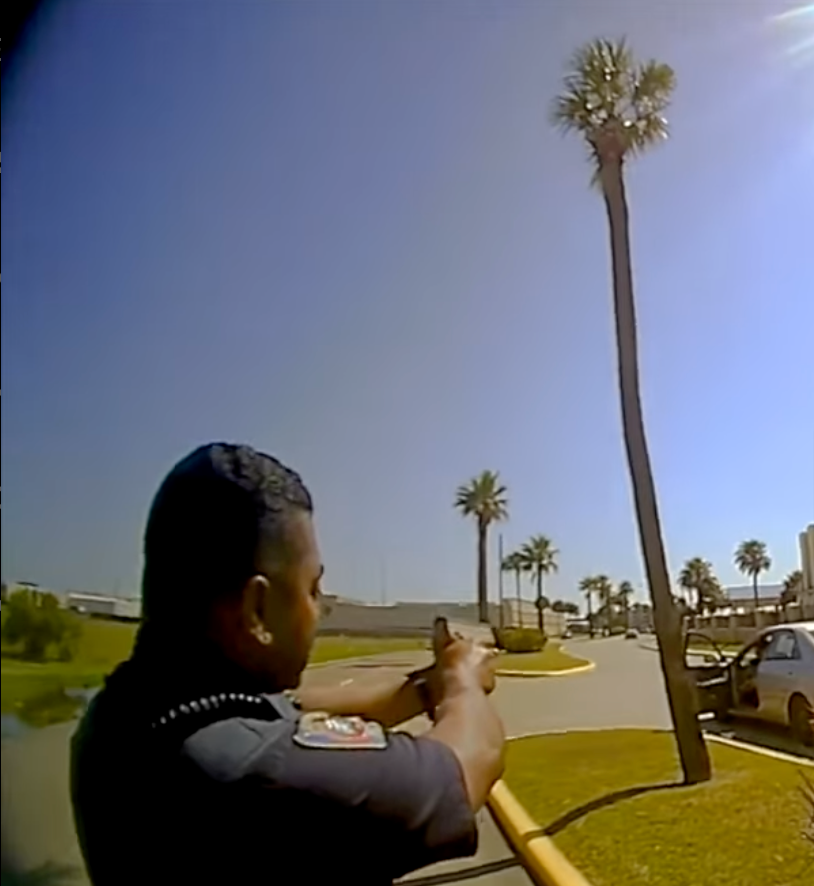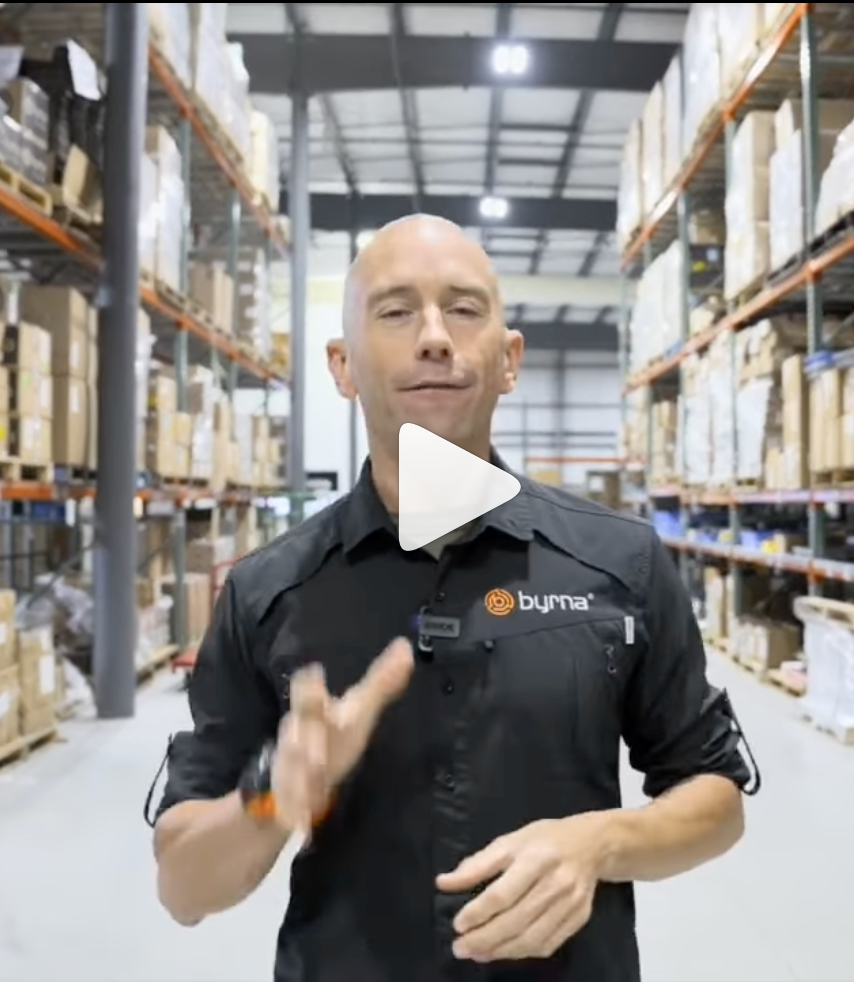“Be Prepared.” As a motto, the phrase was first by English soldier, Robert Baden Powell, in 1908. As a concept, it has been elemental to human success and survival both before and after its popularization, including as a Boy Scout motto. Right now, many people on the planet, including most of the U.S. probably see those two, simple words in a different light than they did three or four months ago.
Being prepared has always been good, common sense advice, but prepared for what? Until now, many people have probably thought of preparedness in relation to things like natural disasters (i.e. hurricanes, fires, floods, earthquakes). And many have actually not been prepared for even those things. Why is that? Because experience has shown that, even as bad as those things can be, they are usually a fairly short, temporary interruption in the way we go about our lives. For starters, they are by nature, geographically confined events. They don’t encompass a whole country, let alone the whole earth. In a matter of days, we can usually go back to the stores to get what we need. And, in general, medical help and law enforcement have always had the bandwidth to respond to the public’s needs. If some positive things can come out of the Covid-19 pandemic, one of them could be, and should be, a more holistic approach to “preparedness”.
One common definition of preparedness is: Actions taken as precautionary measures in the face of potential disasters. Given that definition, and now from our collective direct experience, it is easy to see that we should strive to be prepared for a much wider range of circumstances. Who would have ever thought we would be experiencing times like these? It makes it all the more important to take preparedness seriously. It’s not about being paranoid, which we shouldn’t fall into, but it’s about simply being ready.
Standard preparation for natural disasters is a good place to start – adequate food, water and hard goods supplies (tools, flashlights, batteries, , as well as basic first aid/medical supplies. Beyond that, it is now obvious that basic sanitation and protective supplies should also have a place in your preparedness plans. In addition, more thought should also be given to your personal and home safety and security. What is your plan for that? What tools do you have available to help with that?
We obviously believe that the Byrna HD is a great self-defense and protection tool to have at your disposal. It gives you the ability to defend yourself in a non-lethal, yet powerfully effective way. At the same time, it’s one of the easiest self-defense products to own, with no licensing, registration or background check requirements involved.
In short, the best thing is to look at being prepared in all aspects and ways that are essential to your safety, health and well-being. It’s being prepared to take as much responsibility as you can for yourself and those around that you care about.
